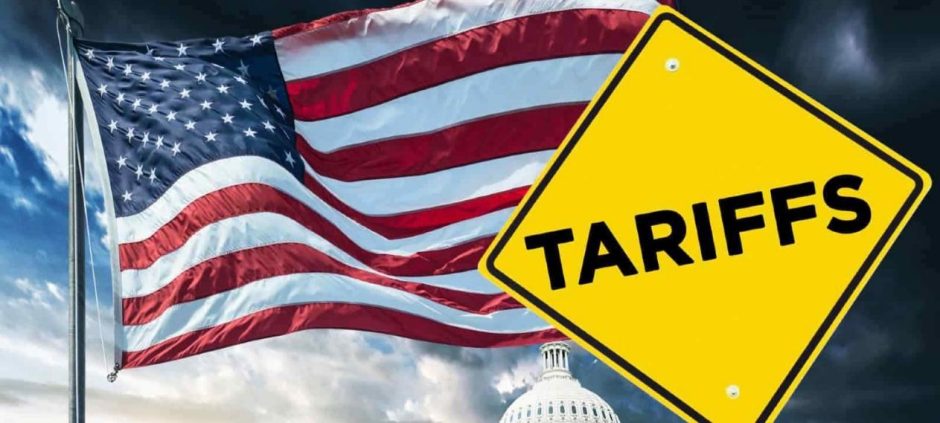NEW DELHI — Calls to boycott American goods are gaining momentum in India following former U.S. President Donald Trump’s recent tariff announcement. The U.S. has imposed a 50% duty on Indian exports, sparking anger among business leaders, political groups, and citizens.
India, a major market for U.S. companies, hosts thousands of outlets for American food, beverage, and retail brands. From coffee shops to smartphone stores, many foreign names dominate urban shopping streets. While sales data has yet to show an impact, the push to buy local is spreading quickly on social media and in public rallies.
Entrepreneurs have joined the campaign, urging consumers to support Indian farmers, startups, and homegrown industries. Manish Chowdhary, co-founder of a local skincare firm, posted a video encouraging people to make “Made in India” globally recognized. Others, like tech entrepreneur Rahm Shastry, have called for Indian alternatives to U.S. digital platforms.
Prime Minister Narendra Modi, speaking in Bengaluru, appealed for greater self-reliance, stressing the need to focus on India’s domestic market. Although he avoided naming any companies, his remarks added weight to the growing nationalist sentiment.
Groups linked to Modi’s Bharatiya Janata Party, such as the Swadeshi Jagran Manch, have organized small rallies urging consumers to choose Indian products over foreign brands. They have circulated lists of domestic alternatives for popular items like toothpaste, soft drinks, and bath soap.
Despite the heated rhetoric, not all consumers are swayed. In Lucknow, Rajat Gupta, sipping coffee at an American restaurant chain, dismissed the protests, saying tariffs were a diplomatic issue unrelated to his daily purchases.
Meanwhile, U.S. companies continue to expand in India. Tesla, for instance, opened its second showroom in New Delhi this week, with attendance from both Indian government officials and U.S. diplomats.
The boycott movement reflects deeper concerns over trade relations between India and the U.S. While some see it as an opportunity to strengthen domestic brands, others believe global products will remain a staple for Indian consumers.
Read the full story on how the UN vote marks a historic step toward Palestinian statehood.











